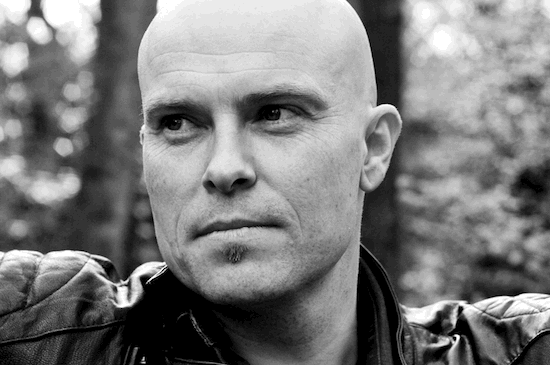Instead of trawling through the supernatural in fiction canon to produce a greatest hits package of better known writers and stories, or even great stories by lesser known writers from the past, I saw this piece as an opportunity to evangelise what is going down now, in the contemporary literary world of fear, unease, and the weird, but with stories and authors that might not yet be pressed against the windshield of horror fans. Writers that should be on your bonnet because there has been something of a resurrection afoot in the world of horror, even if these new treasures have yet to surface in most high street bookshops or public libraries.
Given the capricious currents in traditional publishing’s strategies and trends, much of horror’s recent resurgence has been off-radar and independently published in a literary micro-culture of short(er) fiction enthusiasts. In my reading, many recent works that have been regularly published outside the walls, have attained an equivalency with the better end of the canon. To impose an arbitrary period of time and structure on this list, I’ve limited myself to horror and the weird published since around 2005, and only from the more speculative end of horror and the weird tale, and only shorter works. This period and section of modern horror has excited me in the same way that horror fiction did in my teens.
Notably, and for some time now, the indie scene has exceeded the mainstream in its size and scope, and dominates the market. With the exception of the myriad forms of romance, I wonder if another form of popular fiction has evolved this much, in this way, and so quickly, through new technology. Horror fiction is now so vast and amorphous that it is difficult to map its size or to synthesize its micro-trends, or identify valuable new voices or the quality of the writing within its multiple chambers. Discovery hell is in full swing. By necessity, the internet, social media, and the dealer’s rooms at conventions, have also become the field’s new market places and forums. New communication pathways have allowed a niche to become a much bigger niche that is not reliant on traditional distribution monopolies for its continuance. That, in itself, is also liberating. I think the future is bright for this field of fiction.
From the speculative end of horror, which is my subject here, many influences from the long literary traditional of horror and the weird have been absorbed, but the field has also been significantly and consciously extended and renewed by a new generation of writers. I can barely keep up with what is coming out in this area alone, and can’t encompass all of the literary influences that may have mixed their DNA with horror in this new generation, but I’d hazard a guess that there has been a considerable cross-pollination with other fields – science fiction, the regional American literary genre (like McCarthy and Gay), crime noir (Woolrich, Ellroy, and Raymond in the UK), post-modern literary fiction, and the surreal, to name those that I can more easily identify.
In North America, particularly, a special brand of cosmic horror has blossomed from the chief precursor elements of the three L’s – Lovecraft, Lieber, and Ligotti – but into new forms of literary strangeness and dread that have a seemingly unstoppable momentum now, producing important new voices each year. The Brits too, if I can get away with more generalisation, seem to have enthusiastically embraced the Aickman/Campbell/M John Harrison weird aesthetic, while also exhibiting chromosomes from Barker’s hellish body-horror tapestries of the eighties.
What a writer can do with horror now seems unlimited. In a cinematic analogy, I’d cite this new wave as more Lynchian and Kneale too, in intent and spirit, than Friday the 13th Part 50. It has liberated itself without desecrating its traditions. This isn’t new, and has happened several times in horror’s history, particularly if you consider Ligotti or Barker’s Books of Blood, but the new generation is definitely playing its own part in evolution.
With the exception of one story below, that is hardly retreading an old path, the element of horror in these stories all marks a significant detour from the traditional spectres and monsters that had started to look as comforting as stills from old Universal horror films. Horror is not the literature of comfort. It should never contrive taboo, but nor should it be afraid of embracing the transgressive and the bleak with its bony arms. It’s holy grail is provoking awe and terror simultaneously. These stories do.


